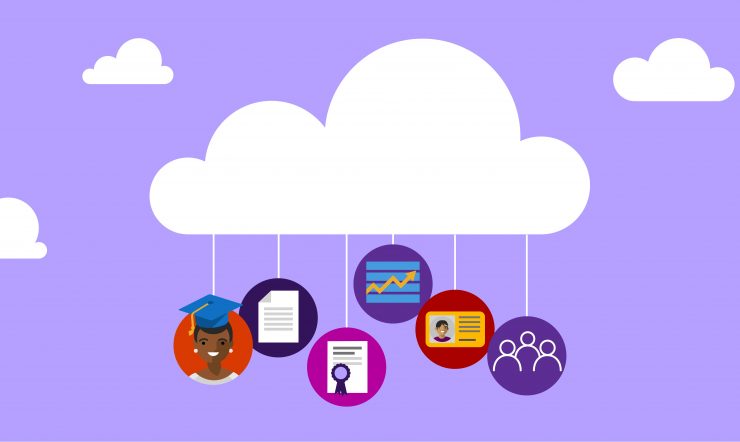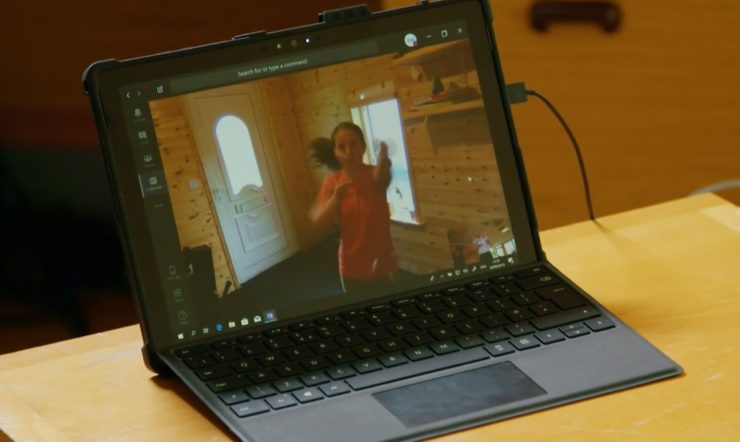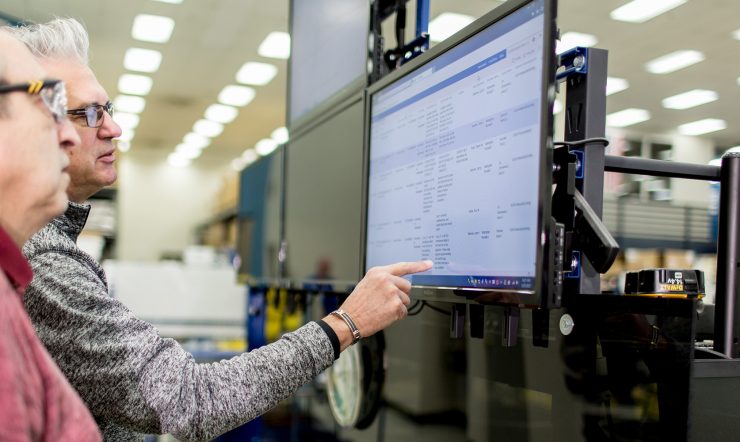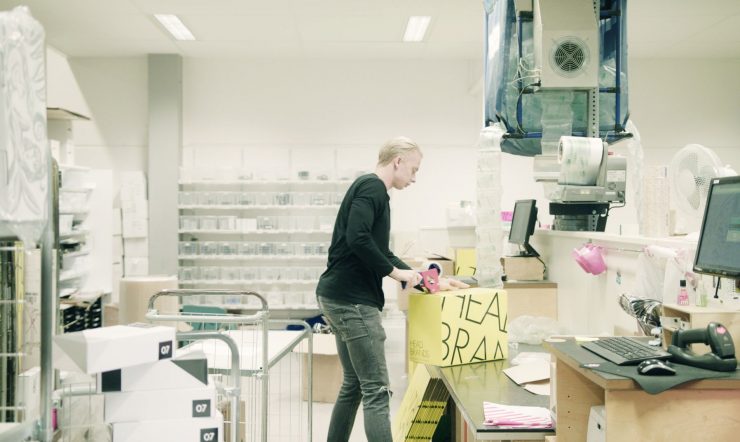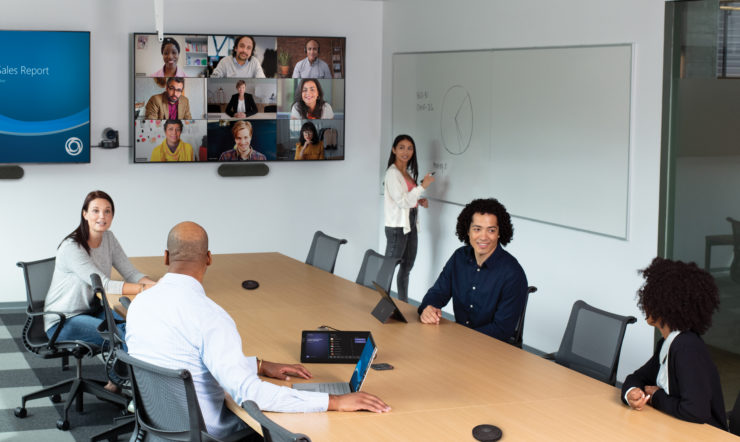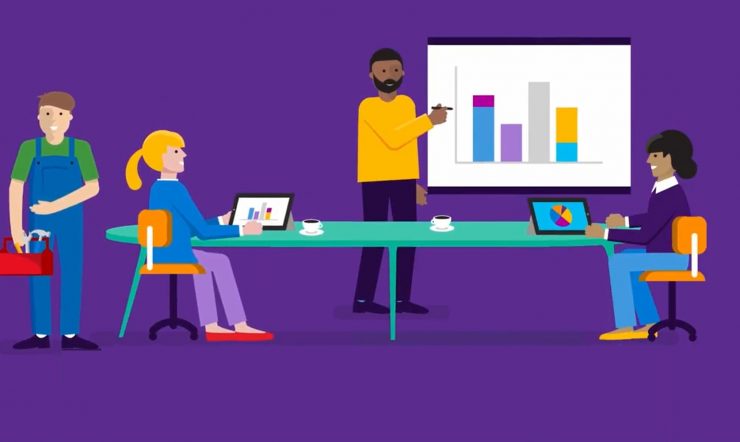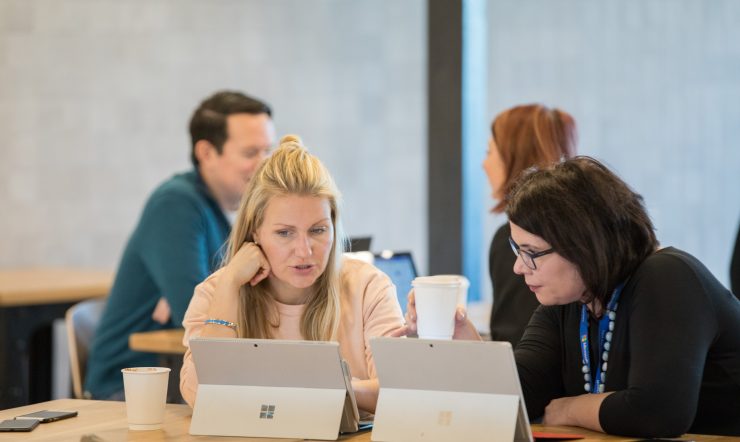Digital Culture is not just for Millennials
Last week the IoDNI invited me to sit on a panel with Dr Neil Bentley (WorldSkills UK) and Tony Danker (Be the Business) chaired by Dr Wendy Austin MBE. We discussed how can we ‘Boost Productivity through Technology and People’; an incredibly interesting discussion with many different perspectives! However, the topic that seemed to resonate the most across all sectors was that of Digital Culture – and with a lack of it negatively impacting on Innovation, Engagement, Productivity and Empowerment.

If you look at news articles on Millennials and job trends, you would be forgiven for thinking that they are the only generation working in an ever-changing environment.
The truth is, however, we now have between four and five generations working in organisations coming to terms with or undergoing Digital Transformation. All generations bring a key element and skillset that, if harnessed correctly, will not only transform their organisation, but revolutionise their market access, customer insights, and processes. This is about creating an all-encompassing Digital Culture in which workers feel inspired by their leaders and managers and by the potential of technology to help them in their jobs and to help grow the business.
What does a weak digital culture look like?
Distraction;
A constant influx of emails, Slack messages, Trello notifications, texts, Tweets – not to mention viral cat videos
Lack of training:
Workers who aren’t properly trained to use the new technology effectively
No Support:
Tech that isn’t adequately supported by the business, forcing workers to lose time because “the computers are down”
Technostress
Workers who suffer burnout because, with mobile devices and at-home-working, they feel tethered to the job around-the-clock.
Without a strong digital culture, introducing more technology will reduce employee engagement and, in some situations, could reduce productivity across the board. Our most recent research into Digital Culture has revealed that only 16% of Irish employees work in a strong digital culture.
93% of employees say they have low to average productivity. Where Digital culture is weak only 11% of employees feel highly productive and only 14% feel highly engaged.
Contrast that with organisations where there is a strong digital culture, where 99% of employees experience medium to high productivity and another 98% experience medium to high innovation.
Creating a strong digital culture needs to be inclusive and needs promotion by senior management, backed up by IT support and training. Give your employees job autonomy and give them the flexibility to adapt when more technology is introduced more quickly. If you’d like to download the research report in full please click here.
And who is doing it successfully today? Read more about how Allianz believes a key part of their digital transformation is focusing on encouraging and supporting staff to embrace new technologies and developing a robust digital culture:

Aisling Curtis
Commercial Director
